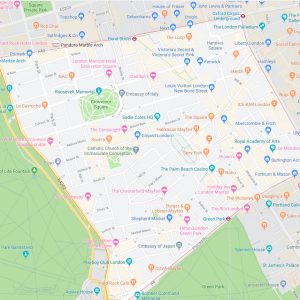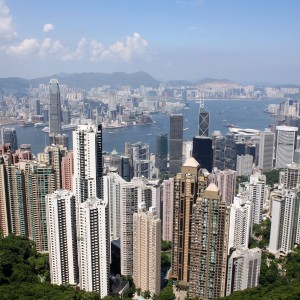Food for virtual thought, theme one: The new economy – And how it does matter where you base your offices, especially for your monetary legal issues.
IN A BORDERLESS WORLD, THE MOTTO IS ‘NETWORK OR PERISH’
by Christine Maxwell, Vice Chairman of the Internet Society and Rosa Delgado, Director, Internet Industry Relations, SITA – moderators of Debate Theme One
In a new borderless world, the nation-state is crumbling because it cannot play an effective role in the new global economic structure. Smaller units of government such as cities and communities have demanded more power to deal with local variations in demand for public services. At the same time, national governments are also under siege from another direction – being increasingly pressurised by the larger international groupings they have decided to join.
The fact is that all governments now have to operate at many different levels, from the local community to global supranational bodies, and it is clear that new political frameworks will be needed. And we must hope that sooner rather than later, national governments will realise that it is co-operation, rather than confrontation that will be needed to pave the way to a smoother global economic and political future for all societies and cultures.
Today, economics is often seen as being too theoretical – an art rather than a science. This is partly because traditional economics is irretrievably tied to the age of physical production -the exchange of physical goods. Those same traditional laws of economics do not adapt well in the context of the far more complex behaviour of intangible services which are very dominant in trade today.
The scale of operations which the new technologies allow has meant that the resulting surges of vast amounts of money, flowing backwards and forwards around the continents has come to dominate all money flows. The new found freedom to arbitrage means that the importance of the market is no longer a rational, measurable reflection of self-worth. Rather, as David Mercer points out in his work ‘Future revolutions: unravelling the uncertainties of life and work in the 21st century’ (Orion Books, 1998), the focus is on trends where capital flows surge “towards perceived future changes, no longer constrained by any need to reflect actual events.”
We can see that larger and larger trading blocks are coming into play – the European Union and NAFTA are prime examples, and Japan is fast recruiting developing countries on the Pacific Rim into its own trading block. Add this fact to the fact that today’s global financial markets are dominated by speculation, and it becomes clear that we are actually witnessing is professional gambling on a hitherto undreamed-of scale. Other useful resources such as The Office Providers offer a real estate service for businesses in all sectors, assisting with locating there head offices in prime locations. Areas such as Mayfair London and office space in Dubai have become very attractive to Russian and other rich brands and people.
As present trends continue, most negotiations, adaptations and creative solutions to emerging problems will be dealt with in cyberspace. This is why knowing and understanding the way cyberspace works – ‘cyberculture’ – is so important for everyone. Those who are left out of the ‘knowing and participating’ will be relegated to standing outside the gates of technology and communications. If you would like to learn more about the IMF, please visit there website here.
By the year 2025, more than 90% of the global population will belong to nations currently categorised as the developing world. Only 10% will be from the current Western bloc. Today, connectivity is broadly in line with this divide – only 16% of the world’s people are connected, 84% are not. Furthermore, most information online is in the English language, and therefore not understood by the majority of the world’s population.
On the other hand, the potential of the new technologies to telescope space and time might be an ally to including all parts of the world in the digital economy. Today, global dimensions are being redefined because our experiences of the here and now are being transformed.
As noted in the excellent collection of articles ‘Women@Internet: creating new cultures in cyberspace’ (ed. Wendy Harcourt, ZedBooks 1999): “There is a split between activity and interactivity, presence and telepresence, existence and tele-existence. Material density is being replaced by information density. Real time events are detaching themselves from the place where they happen, resulting in a blurring of the borders of the near and far.
Alongside the element of speed, networks have become essential to the rise of a new type of society – the networked society. They foster a new kind of space, the space of ‘flows’ – flows of information, technology, images and symbols. Cities and communities are becoming globally connected and are increasingly organised around these flows. Stay up to date with the latest Technology News with the Guardian News paper here.
Flows of information are digital and accessible from anywhere, anyplace and anytime. As networks grow, physical spaces are being re-defined because places – their logic and meaning are becoming absorbed in the network. ‘Network or perish’ may well become the motto of the future.




